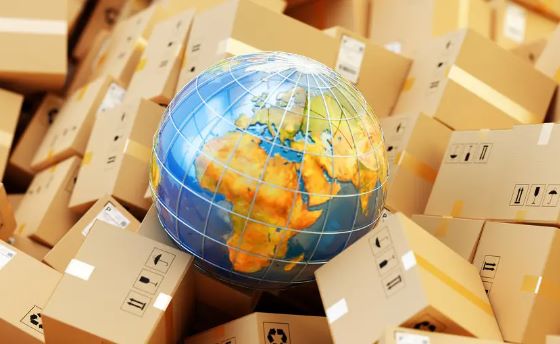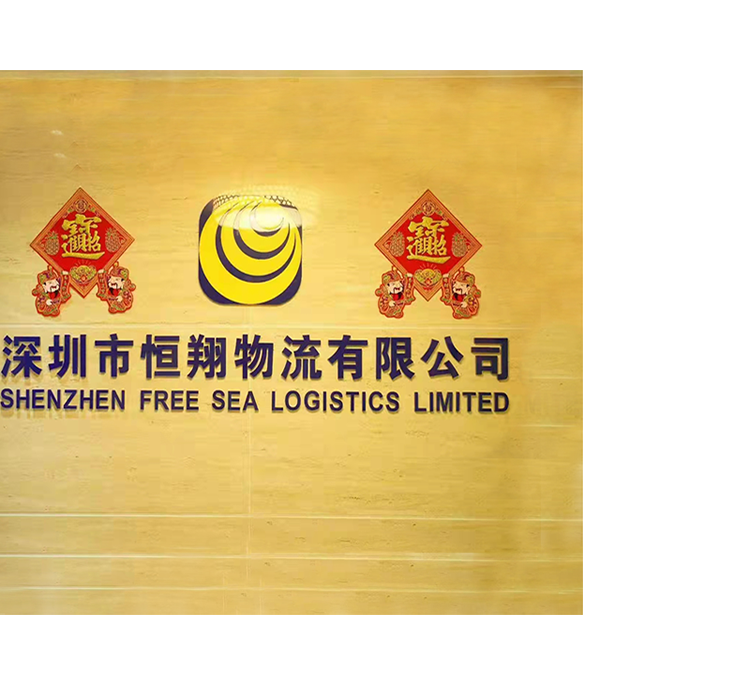Friends who have sent international express delivery have more or less encountered the situation where customs detained the package.
There are many reasons for the detention of goods, and customs will also have corresponding requirements when handling the release.
Today FREE SEA will take you to understand what situations will be detained. How do we solve and avoid such situations?

What situations will be detained?
1. The package is damaged: the outer packaging is not firm, and the outer packaging of the goods is damaged due to squeezing during transportation.
2. No certification documents: Electronic products, pure battery items, liquid items, cosmetics, well-known brands, and other items all require corresponding certification documents. If they cannot be provided, they will be returned or destroyed.
3. Prohibited goods: sensitive goods such as liquids, powders, chemicals, counterfeit brands, and live products, as well as products that are expressly prohibited from import by the destination country (such as tobacco), will be seized by local customs.
4. Tariff issues: If the declared value of the goods exceeds the local tariff threshold, the package will be released normally after the tariff is paid.
5. The waybill address is not detailed, the recipient information is not in English, etc.
6. The weight or size of the goods exceeds the prescribed requirements.
What should I do if they are detained?
According to the requirements of the customs, the customs duties are paid or the information is completed, and they can generally be released smoothly.
How to avoid the package being detained?
01. Understand the relevant policies of the destination country in advance
Although the policies of most countries are similar, the policies of some countries are relatively special (such as Brazil). Check online before sending things and mail them strictly according to local policy requirements.
02. Pack the items tightly
Pack the items in a relatively sturdy box to avoid being squeezed and damaged during transportation. Fragile items should be packed with foam and bubble film, and thicker cartons. There should be no gaps in the box to avoid shaking and collision during transportation and external force squeezing that may cause breakage. Fragile labels need to be affixed in obvious positions.
03. Reasonable declaration
According to the customs declaration requirements, prepare complete customs declaration documents, provide detailed customs declaration information, declare according to the actual value of the goods, and do not lie or conceal. Compliance declaration can avoid being detained to a certain extent.
04. Fill in the waybill information as required
The recipient's address, contact information, etc. should be filled in clearly in English as required.
05. Choose the mailing channel according to the item
General goods can be mailed by the four major international express or EMS. If it is sensitive goods such as cosmetics, food, medicine, meat products, etc., the customs clearance rate will be higher if you use the sensitive goods special line.
If you are not sure what kind of goods the item you want to mail belongs to, or you are not clear about the declaration process, you don't know how to pack, etc., you can consult FREE SEA customer service and solve the problem online one-on-one!























